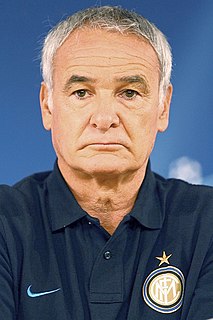A Quote by Johan Huizinga
Culture arises and unfolds in and as play... culture itself bears the character of play.
Related Quotes
The spirit of playful competition is, as a social impulse, older than culture itself and pervades all life like a veritable ferment. Ritual grew up in sacred play; poetry was born in play and nourished on play; music and dancing were pure play....We have to conclude, therefore, that civilization is, in its earliest phases, played. It does not come from play...it arises in and as play, and never leaves it.
The problem of culture is seldom grasped correctly. The goal of a culture is not the greatest possible happiness of a people, noris it the unhindered development of all their talents; instead, culture shows itself in the correct proportion of these developments. Its aim points beyond earthly happiness: the production of great works is the aim of culture.
Since the 1960s, mainstream media has searched out and co-opted the most authentic things it could find in youth culture, whether that was psychedelic culture, anti-war culture, blue jeans culture. Eventually heavy metal culture, rap culture, electronica - they'll look for it and then market it back to kids at the mall.
Many teachers of the Sixties generation said "We will steal your children", and they did. A significant part of America has converted to the ideas of the 1960s - hedonism, self-indulgence and consumerism. For half of all Americans today, the Woodstock culture of the Sixties is the culture they grew up with - their traditional culture. For them, Judeo-Christian culture is outside the mainstream now. The counter-culture has become the dominant culture, and the former culture a dissident culture - something that is far out, and 'extreme'.





































